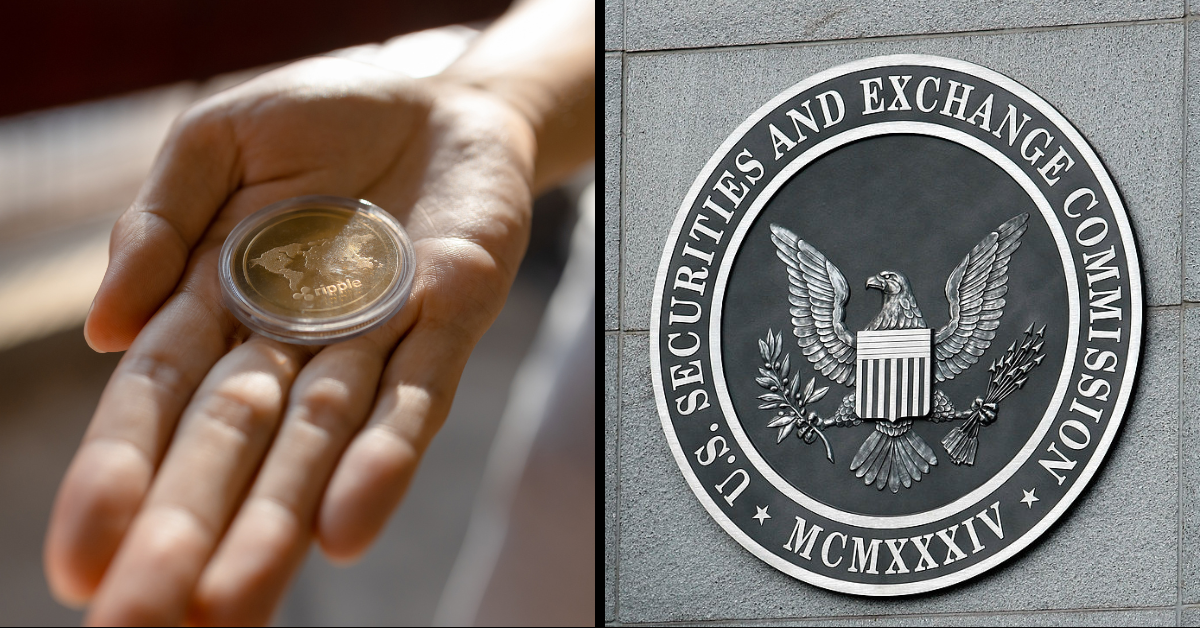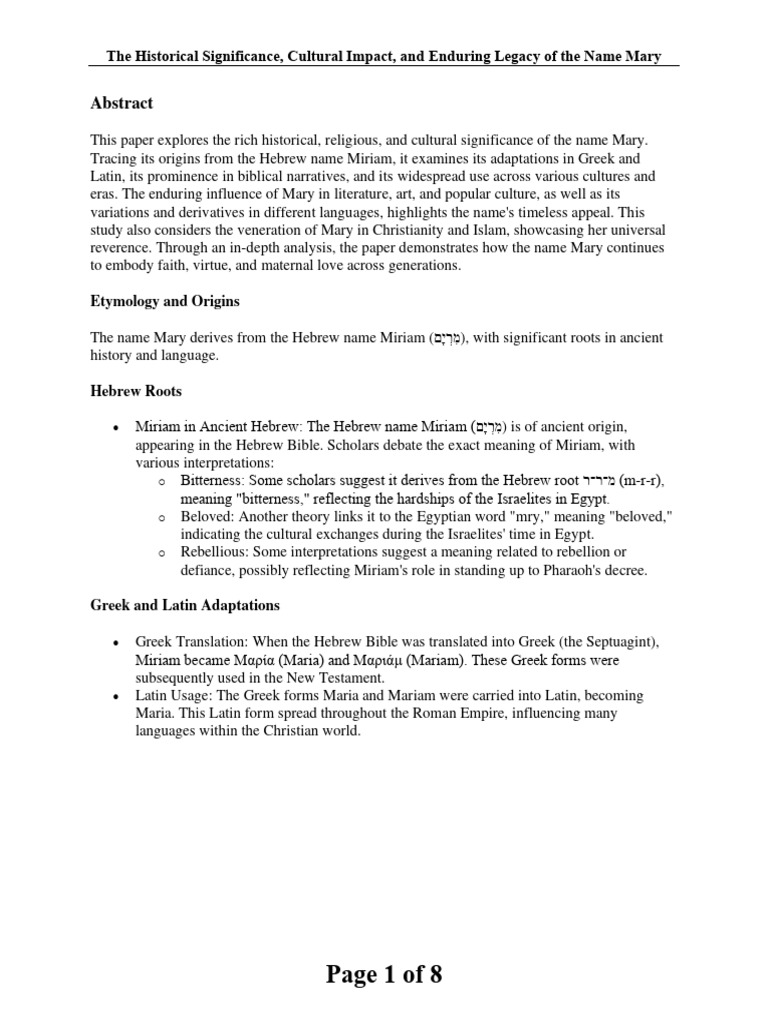Is XRP A Commodity? The SEC's Stance And Ongoing Debate

Table of Contents
Keywords: XRP, XRP commodity, XRP security, SEC XRP lawsuit, Ripple XRP, cryptocurrency classification, commodity definition, security definition, Howey Test, crypto regulation.
The question of whether XRP is a commodity or a security remains a central point of contention in the cryptocurrency world. The ongoing legal battle between the Securities and Exchange Commission (SEC) and Ripple Labs, the creators of XRP, has intensified this debate, leaving investors and market participants grappling with uncertainty. This article delves into the core arguments, the complexities of the legal proceedings, and the broader implications for the future of cryptocurrency regulation.
H2: The SEC's Case Against Ripple and its Classification of XRP
The SEC's lawsuit against Ripple Labs, filed in December 2020, alleges that Ripple conducted an unregistered securities offering by selling XRP. The core of the SEC's argument centers on the assertion that XRP sales constituted an "investment contract," satisfying the criteria of the Howey Test, a crucial benchmark for determining whether an asset qualifies as a security.
- Summary of the SEC's legal arguments: The SEC contends that Ripple sold XRP to raise capital, promising investors future profits based on Ripple's efforts. They argue that this structure constitutes an investment contract, irrespective of XRP's later use in decentralized transactions.
- Key evidence presented by the SEC: The SEC has presented evidence including internal Ripple communications, sales presentations, and the company's relationships with institutional investors.
- The Howey Test and its application to XRP: The Howey Test assesses whether an investment involves an investment of money in a common enterprise with a reasonable expectation of profits derived from the efforts of others. The SEC argues that XRP satisfies all these conditions.
- Potential penalties faced by Ripple and its executives: If found guilty, Ripple and its executives face significant penalties, including substantial fines and potential injunctions against future sales of XRP.
H2: Arguments for XRP as a Commodity
Conversely, proponents of XRP as a commodity emphasize its decentralized nature and its functionalities independent of Ripple's activities.
- Decentralization of XRP Ledger and its operational independence: The XRP Ledger operates independently of Ripple, functioning as a decentralized, open-source network. This independence, they argue, distinguishes XRP from securities tied directly to a central entity.
- Lack of direct investment contracts or profit expectations from Ripple: Supporters claim that most XRP sales were not directly tied to promises of profits from Ripple's efforts, unlike traditional securities offerings. Many XRP holders acquired it through open market transactions.
- Comparison with other cryptocurrencies widely considered commodities: The argument frequently draws parallels between XRP and other cryptocurrencies, such as Bitcoin and Ethereum, generally accepted as commodities by many exchanges and market participants.
- Use cases of XRP outside of investment, e.g., cross-border payments: XRP's utility in facilitating faster and cheaper cross-border payments strengthens the argument that it serves a functional purpose beyond mere investment.
H2: The Ongoing Legal Battle and its Implications
The Ripple vs. SEC case is far from concluded. Its outcome will have significant ramifications for the cryptocurrency industry.
- Analysis of expert opinions and legal interpretations: Legal experts offer diverging opinions on the likely outcome, highlighting the complex and novel legal issues involved. Some believe the SEC's case is weak due to XRP's decentralized nature, while others point to the potential for the court to define the regulatory framework of cryptocurrency more broadly.
- Potential impact of the ruling on the cryptocurrency market: The decision will create significant market volatility and will influence how other cryptocurrencies are classified and regulated. A ruling in favor of the SEC could lead to stricter regulation of the crypto space. A ruling against the SEC could embolden the crypto market.
- Uncertainty surrounding future regulatory frameworks for cryptocurrencies: The case underscores the need for clear and consistent regulatory frameworks for cryptocurrencies globally. The lack of clarity currently leads to investor uncertainty and hinders innovation.
- Ripple's defense strategy and its potential success: Ripple's defense emphasizes XRP's decentralized nature, its utility beyond investment, and the lack of a direct investment contract with its purchasers. The success of this strategy remains to be seen.
H3: International Regulatory Perspectives on XRP
The SEC's stance on XRP is not universally shared. Other jurisdictions have adopted different approaches.
- Regulatory stances in Japan, UK, EU, etc.: Different countries have varying regulatory frameworks for cryptocurrencies, with some showing more flexibility and less stringent interpretations than the SEC's. Japan, for instance, has a clearer regulatory path for cryptocurrencies. The UK and EU are also developing comprehensive frameworks.
- Impact of varying international regulations on XRP adoption and trading: This divergence in regulatory stances creates complexities for global XRP adoption and trading, potentially leading to jurisdictional arbitrage – where traders exploit differences in regulation across borders.
- Potential for jurisdictional arbitrage: The contrasting viewpoints across jurisdictions may lead to traders seeking out more favorable regulatory environments, potentially impacting XRP's price and liquidity across different exchanges.
3. Conclusion:
The classification of XRP as a commodity or a security remains a highly contested issue. The SEC's lawsuit against Ripple has highlighted the complexities of applying traditional securities laws to decentralized digital assets. While the SEC argues that XRP meets the criteria of an unregistered security under the Howey Test, counter-arguments emphasize XRP's decentralized nature, its functional use cases beyond investment, and its similarity to other cryptocurrencies generally considered commodities. The ongoing legal battle and its outcome will profoundly impact the cryptocurrency market and influence future regulatory frameworks for digital assets. The uncertainty surrounding the final decision underscores the need for continued vigilance and research.
Call to Action: Stay updated on the ongoing debate surrounding whether XRP is a commodity or a security. Continue researching the legal developments and potential implications for your investments in the XRP market. Follow reputable news sources for the latest updates on the XRP commodity debate and understand the potential implications for your portfolio.

Featured Posts
-
 The Baba Yaga Role A Unique John Wick Experience In Las Vegas
May 07, 2025
The Baba Yaga Role A Unique John Wick Experience In Las Vegas
May 07, 2025 -
 Nhl S Nya Stjaernturnering En Loesning Pa Konflikten
May 07, 2025
Nhl S Nya Stjaernturnering En Loesning Pa Konflikten
May 07, 2025 -
 The Karate Kids Enduring Legacy Impact And Cultural Significance
May 07, 2025
The Karate Kids Enduring Legacy Impact And Cultural Significance
May 07, 2025 -
 Adidas Anthony Edwards 2 Release Date Specs And Design Details
May 07, 2025
Adidas Anthony Edwards 2 Release Date Specs And Design Details
May 07, 2025 -
 Rihanna Shares A Sweet Moment With Fan After Paris Fenty Beauty Event
May 07, 2025
Rihanna Shares A Sweet Moment With Fan After Paris Fenty Beauty Event
May 07, 2025
